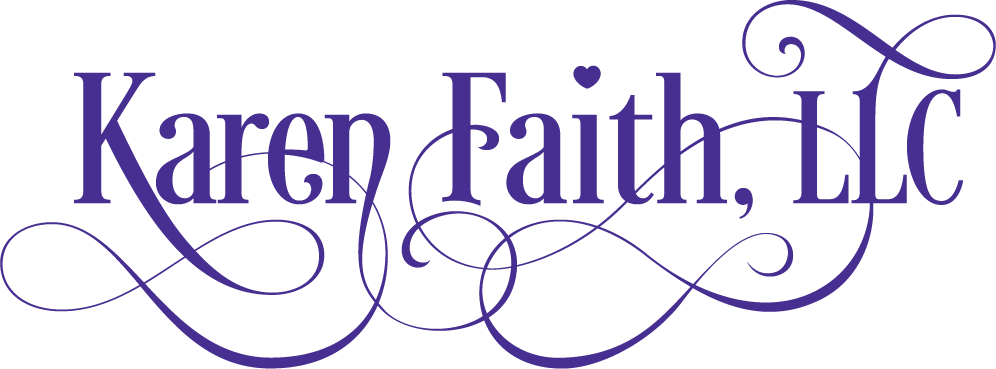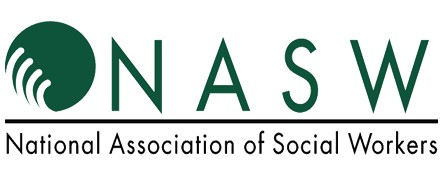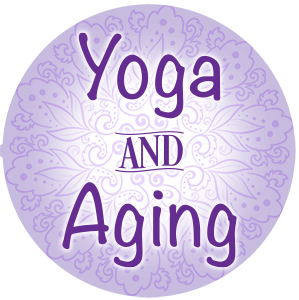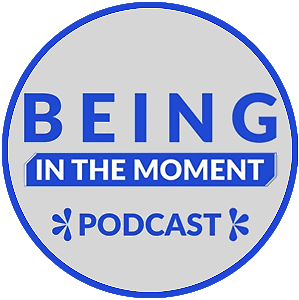
I believe aging is beautiful. I also know it can be complicated.
Few things in life bring me more joy than being able to guide people through their own aging journey. I have had the honor to work with hundreds of individuals throughout the years, each with a unique story to share. These experiences have deepened my compassion and broadened my knowledge invaluably. My clients experience dignity and respect as I approach each individual with sensitivity and candor. My diverse range of services cover multi-faceted areas, allowing me to offer what I’ve come to think of as the “craftsmanship” of refined aging.
Counseling
Processing our thoughts and feelings is paramount to optimal mental health. Talking through experiences, from the mundane to the challenging, allows validation and healing to happen. Aging compels us to adapt to changes, regardless of whether they are welcome or anticipated. I am here to listen, discuss, and offer guidance through counseling sessions with individuals, couples, and families. I welcome the opportunity to facilitate conversations among family members to support better communication and positive outcomes.
My visits with clients take place in office or via telehealth. Counseling sessions are covered by Medicare and most supplemental insurances. I am also registered as an out-of-state telehealth provider for the state of Florida https://flhealthsource.gov/telehealth/.
All inquiries are worthy of further exploration as we learn from each question asked and answered.
Telehealth
There is comfort in knowing that the relationship we build is accessible beyond the walls of an office. Using a HIPAA-compliant mental health platform, I am able to connect with clients who prefer meeting virtually. In addition to Michigan, I am also a telehealth provider for Florida residents. https://flhealthsource.gov/telehealth/
Dementia Support
Dementia is a multi-faceted diagnosis. It has been described as the ‘snowflake disease’, as no two cases look alike. Similarities exist, yet each individual presents uniquely. As well, the way family and friends respond to the person with dementia will be guided by their own relationships, coping mechanisms, and belief systems. Learn strategies and coping mechanisms to optimize connection with your loved one in cognitive decline. In doing so, you will find increased peace of mind, while contributing to your loved one’s greater quality of life.
Caregiver Support
Relationships that have been defined by a role as spouse, child, sibling can suffer a significant toll when needs arise due to a change in physical or mental status. Oftentimes, care needs are dictated by unforeseen circumstances, requiring skill and attention never previously imagined. Either gradually or suddenly, the narrative of life with another person shifts and demands a ‘new normal’. Tasks are required to be fulfilled which are no longer manageable by the person in decline. Mental and physical exhaustion is an understandable outgrowth of such demands. Caregivers require their own respite. Spouses and family members can reclaim their respective roles by deferring tasks to others. As importantly, spouses and family members get to be reminded that their feelings of isolation are shared by others. One of the best ways to affirm that we are not alone is by engaging with others who are experiencing similar situations.
Grief
Change is real. Transitions happen. Loss occurs.
As a Certified Grief Counseling Specialist, my intention is to offer a safe space for clients to process their experience. Endings invariably bring new beginnings, and the emotions felt along the way are to be explored safely. Interest lies in all aspects of the journey: we may meet each other before, during, or after a loss occurs. Each transition offers its own space for growth and healing. I am here to meet you wherever you are on your path.
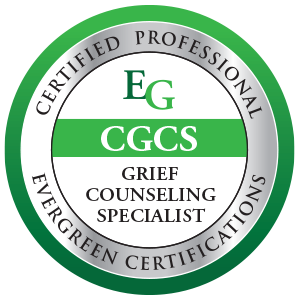
Podcasts & Presentations
I love speaking to groups and welcome collaborative efforts to create engaging presentations for a variety of audiences. I present on a variety of topics related to aging, including opportunities for professionals to earn continuing education credits. Let’s talk about ways to integrate speaking presentations into your organization, community group, or workplace that will be of interest and value to your specific audience.
GERIATRIC: Understanding Dementia • You Are Not Alone: Traveling the Complex Path of Aging • Coping with Loss: Finding Comfort Within the Grieving Process • Creating Meaning in the Mundane: Prompts to Engage Meaningfully with Older Loved Ones • Empathic Understanding of the Older Adult Experience: Tips for Being an Active Listener • End-of-Life Care and Questions • Coping Techniques for Caregivers • The Case for Care Management: Changing the Trajectory of Aging • Cultivating Connection: Fun Projects for Kids to Share with Their Older Loved Ones • Resources and Guidance: Best Practices to Manage the Needs of Older Loved Ones from a Distance
YOGA: Conscious Awareness and Non-Attachment to Achieve Precious Presence • Breathing Techniques Accessible to All • This Too Shall Pass: Minding the Individual and Collective Consciousness • Yoga and Aging: The Benefits of Mindful Movement
REAL ESTATE: When is it Time to Move? • Strategies for Best Outcomes when Selling the Family Home • Understanding the Options in the Long term Care Residential Landscape
RECENT
Care at Home or Placement
As physical and mental status changes, so do care needs. The ability to manage Activities of Daily Living (ADLs) will become a theme to conversations about your loved one. ADLs include the fundamental skills typically needed to manage basic physical needs, and comprise the following areas: grooming/personal hygiene, dressing, toileting/continence, transferring/ambulating, and eating. A person’s ability to remain independent at home depends on the ability to manage ADLs safely. Providers of care will ask how ADLs are being managed, and the answers will guide important decisions. Home modifications may allow a person to remain physically safe at home. Companion care is another way in which independence at home can be sustained.
Relocation to a new setting is often required to meet ongoing needs. Many options exist in long term care communities, which offer a spectrum of services according to skill level. Independent living, assisted living, memory care, and adult foster care represent the most common options. Let’s have a conversation so that you are empowered to make a well-informed decision.
